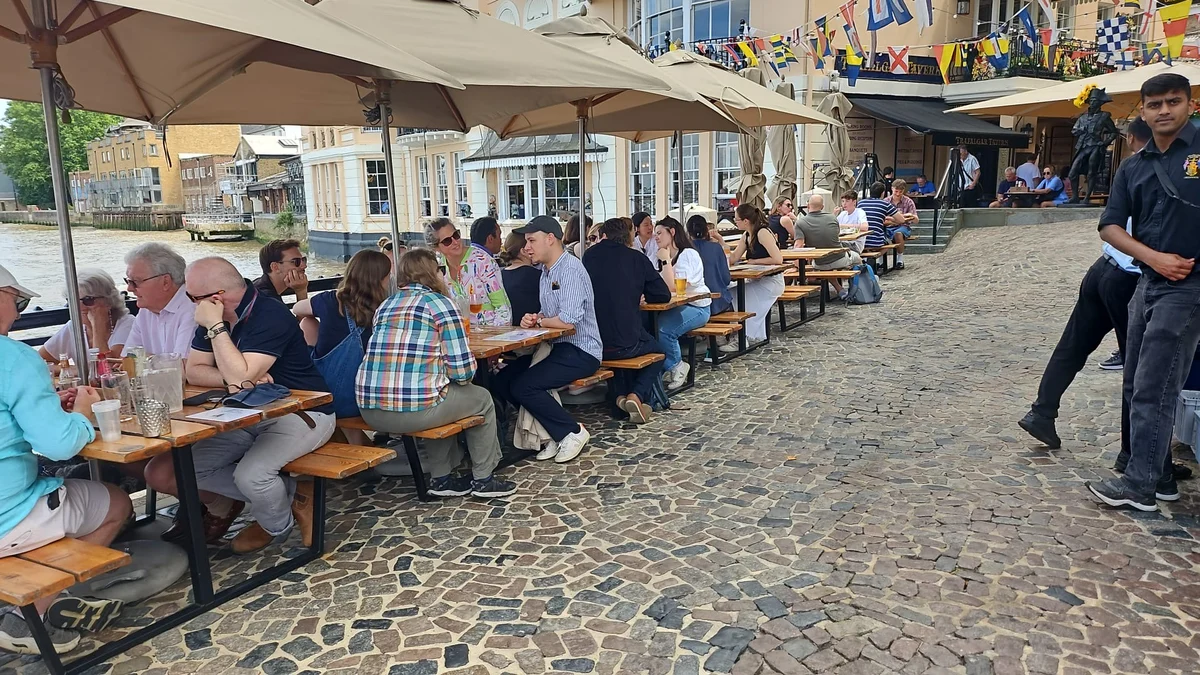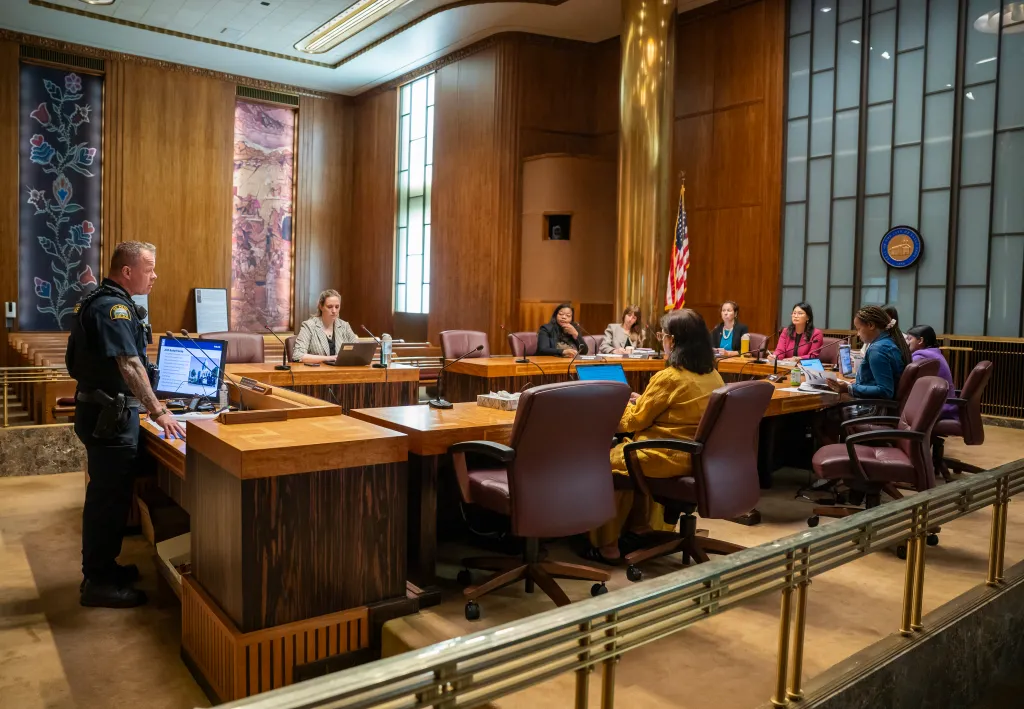Victory for London pub loved by Charles Dickens against council in battle to keep riverside tables
By Bill Bowkett
Copyright standard

The owner of a historic pub dating back to the 19th century has won a fight to continue serving customers outdoors after the council ordered the removal of its riverside seating area.
The Trafalgar Tavern in Greenwich, south east London is known for its tables overlooking the Thames, which have been in place for three decades.
But Greenwich London Borough Council claimed the setup next to the Old Royal Naval College “prevents people from enjoying the view of the river” and adds visual clutter to a sensitive heritage site.
There were also complaints from residents about access for pedestrians, wheelchair users and families with pushchairs.
However, the Planning Inspectorate has quashed the enforcement notice after receiving more than 2,000 letters opposing the move.
Despite this, the pub — which dates back to 1837 and was once a favourite spot of Charles Dickens — must submit “detailed plans” for future outside arrangements by the end of the year.
The tavern appealed against the enforcement notice, warning it could lead to 75 job losses — a third of its workforce — including chefs, waiters and managers.
Landlord Frank Dowling said the appeal process had been “costly and arduous”, but added: “We are thrilled, our staff are thrilled, our customers are thrilled.”
He told the BBC: “We’re very proud of what we do here, we’re creators of beautiful spaces and a phenomenal experience for thousands of people a year.”
Mr Dowling previously told the Standard he would have been forced to serve 500 standing customers if the council’s actions were approved.
He claimed this would have gone “against their own arguments”, adding: “I think the council’s are shrill. It is just tables and chairs.”
A spokesman for the Royal Borough of Greenwich said: “We’ve been clear throughout this process that we have a duty to make sure the Thames Path is accessible for everyone.
“It’s a narrow stretch that is constantly in use, and it needs to be easy for people with disabilities, the elderly, or people with pushchairs to use.
“We have always said we wanted to find a sensible solution without compromising on accessibility or setting a precedent for a private business to stake a claim to a public part of land in a UNESCO world heritage site.
“The planning inspector has concluded that the pub could, in principle, use a small portion of the path – subject to it successfully submitting strict and detailed plans to us for approval.”



